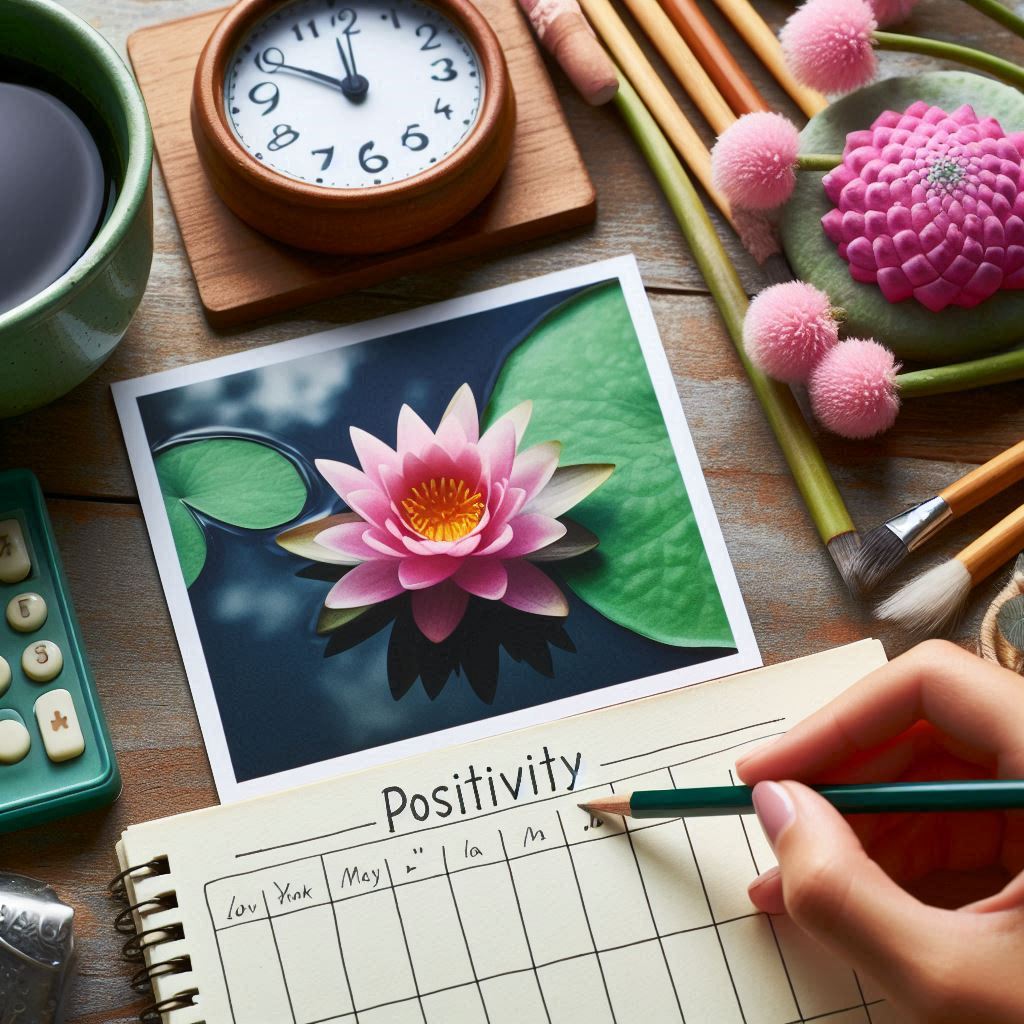How Mindfulness Boosts Well-being
- Reduces Stress and Anxiety: Mindfulness practices help activate the relaxation response, lowering stress hormones and reducing the physical symptoms of anxiety.
- Improves Mood: Regular mindfulness practice has been shown to reduce symptoms of depression and increase positive emotions.
- Enhances Self-Compassion: Mindfulness helps you treat yourself with kindness and understanding, rather than harsh self-criticism.
- Improves Sleep Quality: By calming the mind and reducing worry, mindfulness can help you fall asleep faster and enjoy more restful sleep.
- Boosts Resilience: Mindfulness builds your capacity to cope with life's challenges and bounce back from difficulties.
- Increases Connection: Being fully present enables deeper, more meaningful connections with others.

